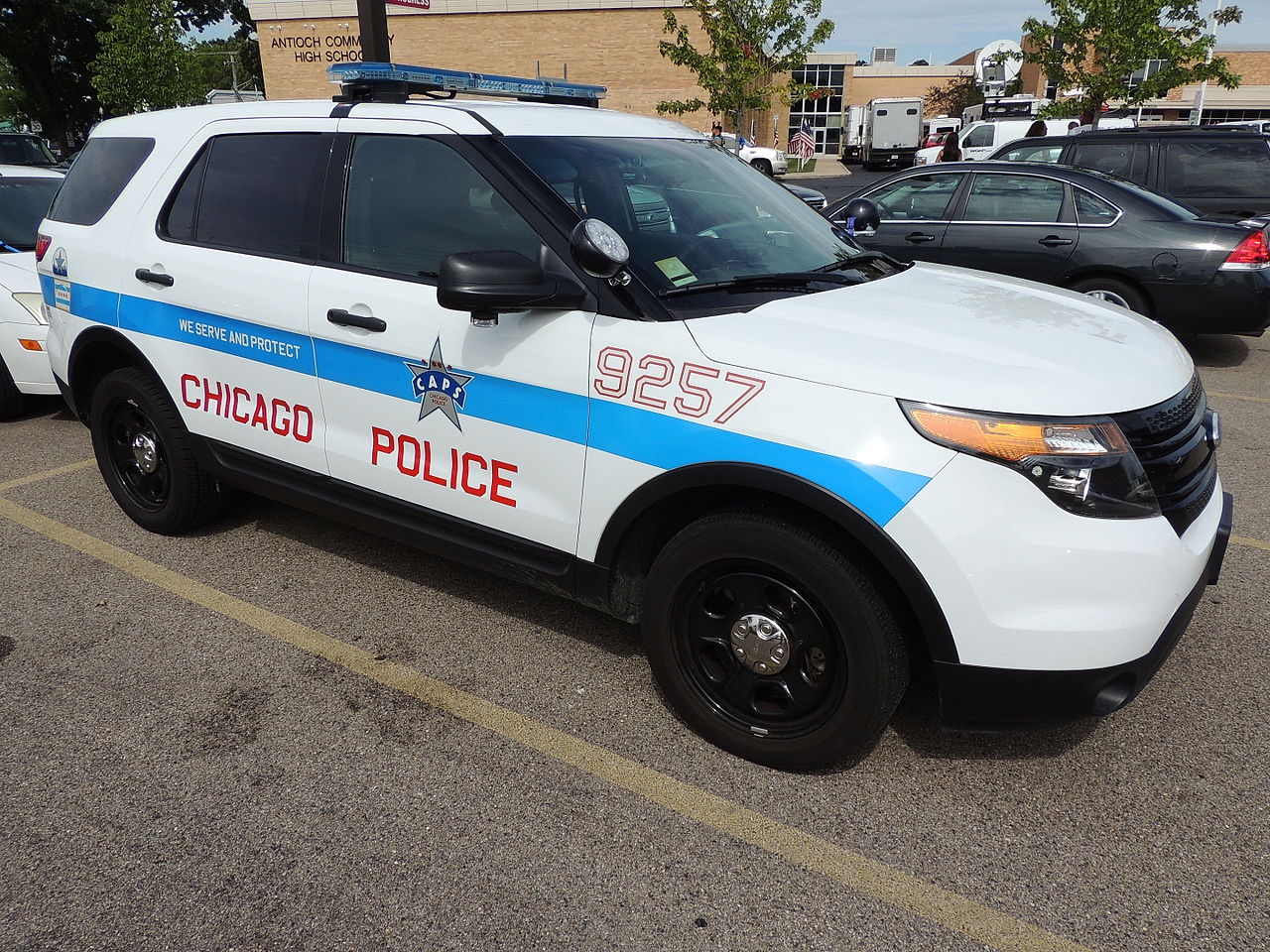Chicago City Council will soon vote on a controversial ordinance to use civil asset forfeiture against people with convictions believed to be related to gang activity. Mayor Lori Lightfoot (D) and Chicago police back the measure, but groups like the ACLU of Illinois, and even Cook County State’s Attorney Kim Foxx, oppose it.
The “Victim’s Justice Ordinance,” first introduced in September 2021, was cleared for a full vote in the 50-member City Council after passing the necessary council committees on February 17. But on February 23, Mayor Lightfoot chose to delay the vote, saying that councilmembers needed “further education” on the measure. She suggested that several members did not know what was in the bill and didn’t attend meetings about it—which rather begs the question of how it could have passed committee.
The ordinance would allow the city to sue alleged gang members, and seize property from those with gang-related convictions. The property could include anything deemed to be “directly or indirectly used or intended for use in any manner to facilitate … and any property constituting or derived from gross profits or other proceeds obtained from streetgang-related activity”.
The latest draft, presented by Deputy Mayor John O’Malley, clarified that the city will sue people with at least two criminal convictions in the preceding five years, including at least one “violent or predatory felony motivated by gang-related profit.”
As a cornerstone of the US drug war and policing more generally, the practice of civil asset forfeiture has been condemned by many advocates for the injustices and corroption it fosters. It lets law enforcement seize money, cars, homes, land and other property—based sometimes on a conviction, but other times on just the suspicion that it has been used to commit a crime, or was purchased with profits from crime. A 2019 Supreme Court decision limited the practice for state and local law enforcement, without banning it, by not allowing its “grossly disproportionate” use. The court had previously done the same for federal agencies like the DEA.
The Chicago mayor’s ordinance at least requires a conviction—but that doesn’t mean it won’t be a vehicle for police abuses.
Related questions include how “gangs” will be defined, and which communities will be targeted.
A review of asset forfeiture tactics in Cook County between 2012-2017 shows its impacts. In five years, police seized $150 million in value—including items as small as a cashier’s check worth 34 cents. The median value of seizures was just $1,049, and three out of four seizures were cash only, not property. The highest concentrations of seizures were in Chicago’s western and southern districts, predominantly low-income and African American neighborhoods.
Related questions at the center of Chicago’s current debate include how “gangs” will be defined, and which communities will be targeted by the ordinance. Opponents of the ordinance are worried, too, that people without convictions will be persecuted simply because of family ties.
“Vulnerable relatives of alleged gang members will be swept up in efforts to seize money, property and assets,” wrote Cook County Public Defender Sharone Mitchell and Rev. Ciera Bates-Chamberlain, executive director of LIVE FREE Illinois, for the Chicago Sun-Times. “The ordinance includes little protections to prevent, for example, a grandmother from being sued for her car after her grandson is pulled over while driving it.”
“In Chicago, large gangs with well-defined leadership have been replaced by more than 800 small, loosely affiliated groups,” they continued. “Our experience and the research show that gun violence is often based on interpersonal conflicts and driven by social media. Suing people in proximity to hundreds of tiny factions that produce little revenue does nothing to solve this problem.”
Another question is how, exactly, the city will claim to know who is convicted for “gang activity.” It isn’t a specific criminal charge, like murder or selling drugs. Instead, the city uses a series of gang databases to record and track approximately 135,000 people. There’s no transparency on how people are added to it, and no way for you to ask to be removed if you think you were mislabeled.
An April 2019 audit found that these databases were filled with errors, were easily abused and overwhelmingly targeted Black and Latinx residents. Separately, a 2018 analysis by ProPublica found other inconsistencies—like the fact that many “gangs” identified had only one or two members, and that the databases included thousands of people had never been arrested for any reason. Chicago police have responded to these criticisms by pledging to overhaul the system—but they haven’t done so yet, and continue to use it.
These are problems that the expansion of civil asset forfeiture will exacerbate, not solve.
Mitchell and Bates-Chamberlain urged the mayor and City Council to prioritize investing more in communities, not in expanding police powers. It’s a demand community advocates in the city have been making for years, long before a dramatic rise in shootings during the COVID-19 pandemic. As Filter has reported, Chicago advocates have linked violence in the city to deep-seated issues like racism, masculinity culture, housing inequality and poverty. These are problems that the expansion of civil asset forfeiture will exacerbate, not solve.
“Chicago’s neighborhoods would be better served if City Council focused on increasing support for measures that move us closer to eliminating economic and racial inequality,” Mitchell and Bates-Chamberlain wrote. “Chicagoans across the city, especially our children and youth, need tools and support to begin to heal the trauma inflicted by the current violence and the pandemic.”
Photograph by Asher Heimermann via WikiMedia Commons/Creative Commons 3.0





Show Comments